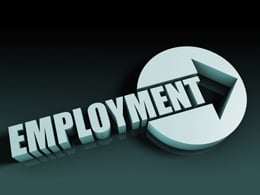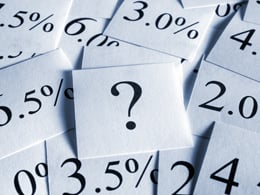Plenty of people are concerned about the “currency wars” now playing out around the world. As you might guess from the quotes, I don’t entirely agree with the notion that we’re at war—and I’m even less convinced that the consequences would be as extreme as that kind of language implies.













